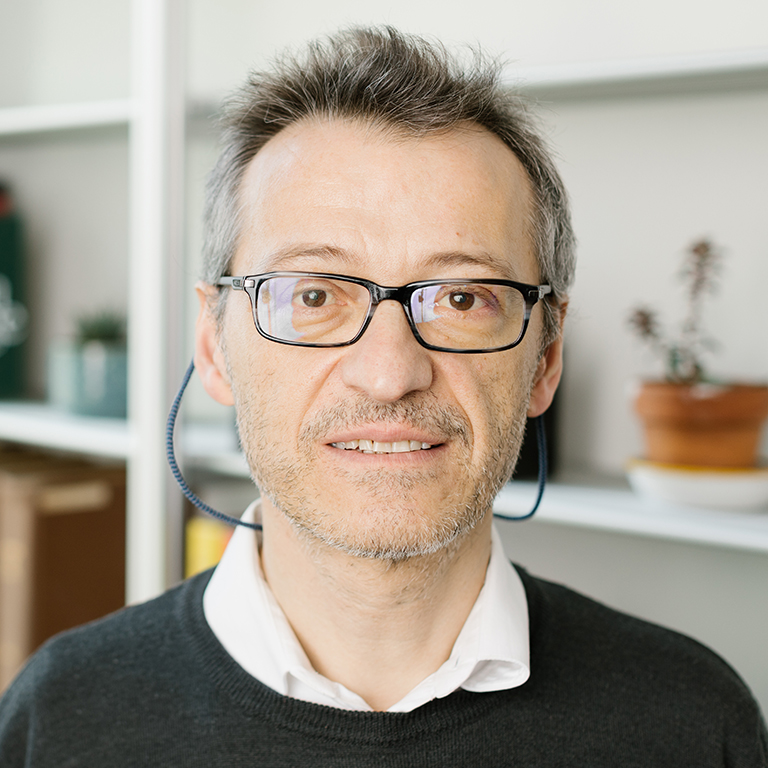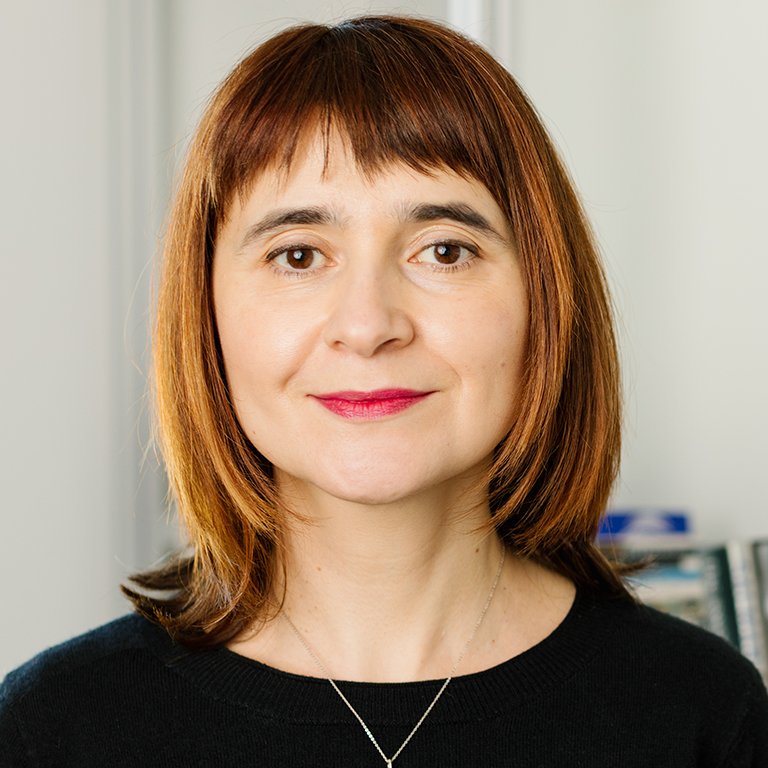“I learned that things didn’t have to go as they were supposed to.” These words uttered by one of our French undergraduate students from the study-abroad program in Aix-en-Provence captures what has been perhaps the most important lesson of the past academic year.
Until March we marked many successful events and research accomplishments in FRIT. Interdisciplinary conferences organized by our faculty brought together undergraduate and graduate students along with scholars from IU, the US, and abroad to investigate the work and legacy of African filmmaker, producer, and historian Paulin S. Vieyra (September), to delve into the Lyric Landscapes of the Middle Ages (February), and to explore the world of comic books in Panels on Panels (February). As Principal Investigator of a major collaborative grant awarded by the Council on Library and Information Resources in January, Professor Elizabeth Hebbard embarked on a three-year journey with “The Peripheral Manuscripts Project: Digitizing Medieval Manuscript Collections in the Midwest.” We honored the extraordinary career of Professor Eileen Julien with an international symposium on Pluralism and the Engaged Humanities (February) and celebrated the promotion of Nicolas Valazza to the rank of Full Professor. We also concluded a successful search for a new Assistant Professor in French Sociolinguistics, Jeffrey Lamontagne, who will join us from McGill University in Montreal this August.
Yet, like countless academic programs in the US and around the world, we were and continue to be faced with the unprecedented challenge brought on by the COVID-19 pandemic. As Professor Margaret Gray’s intense account of her experience as director of the Aix-en-Provence program attests, the disruption and anxiety rippled through our academic community, near and far. Italian doctoral student Carlotta Vacchelli (M.A., 2017), who served as assistant for an IU program in Salerno, felt the impact with even greater intensity as she played a key role in evacuating IU students to Malta before facilitating their return to the US.
While the crisis has tested our ability to continue our teaching and research missions, FRIT quickly adapted to the new context of physical distancing and non-residential online teaching. This was made possible by the talent, resourcefulness, and dedication of our students and faculty but, above all, to the heroic efforts and impeccable professionalism of our staff led by our department administrator, Isabel Piedmont-Smith. Before COVID-19 struck home, and with significant staff input, we were able to finalize and start implementing a new funding model for our graduate programs that will allow us to match the outstanding reputation of our department with more competitive support for our MA and PhD students as well as to reaffirm our department’s commitment to diversity and inclusion. We continued to hold annual events such as the undergraduate honors student roundtable which we hosted via Zoom, so students’ family and friends could join us from their living rooms. And, absent an in-person fête, a beautifully designed page on our website allowed us to celebrated the winners of our annual awards.
Throughout the year, we have been immensely fortunate to draw on the resources made possible by the generous donations of our alumni, which we have used both to respond to the current crisis by providing support to our students via grants and employment opportunities and to plan for long-term changes aimed at enhancing our research and teaching missions.
In sadder news, we mourn the loss of Professor Emeritus Samuel N. Rosenberg but find comfort in remembering his extraordinary academic and human legacy. Please see the memorial by Professor Emeritus Jacques Merceron in this newsletter.
As we prepare for the challenges of the next academic year, we take pride in the accomplishments of our students and faculty and, despite the context of physical distancing and uncertainty, we remain firmly committed to the spirit and values of our FRIT community.


 The College of Arts
The College of Arts